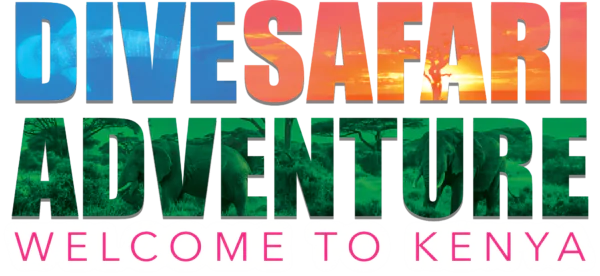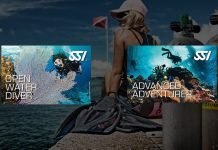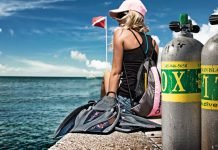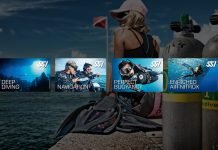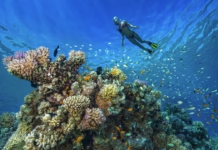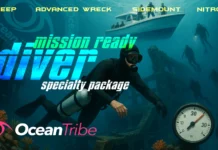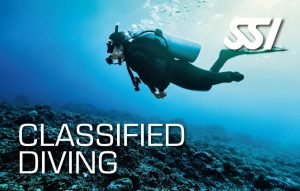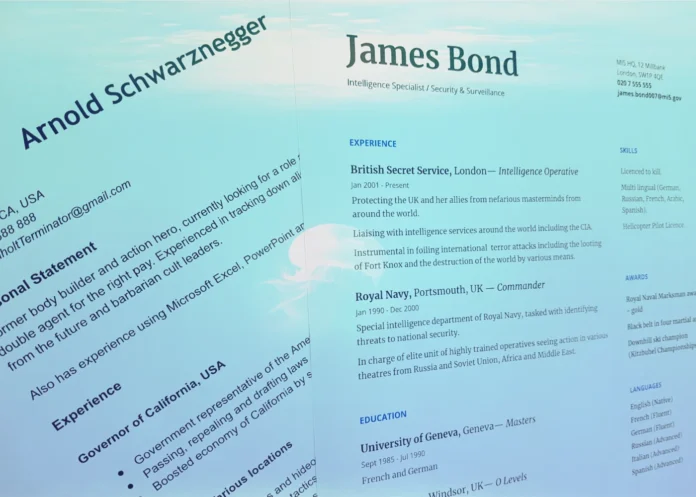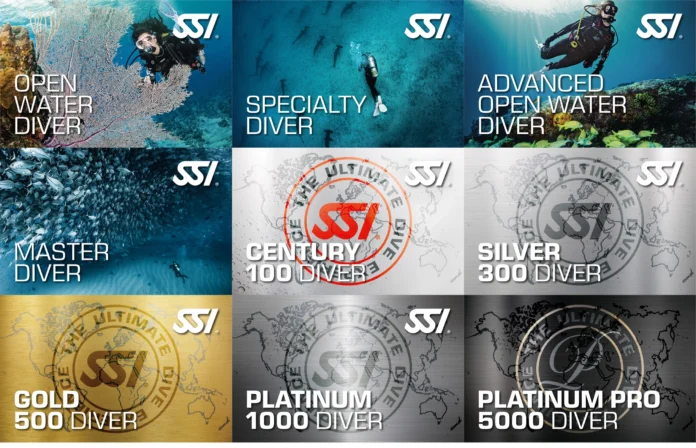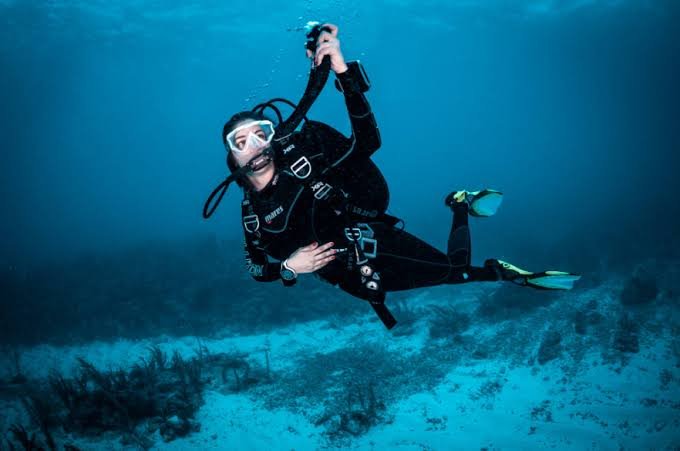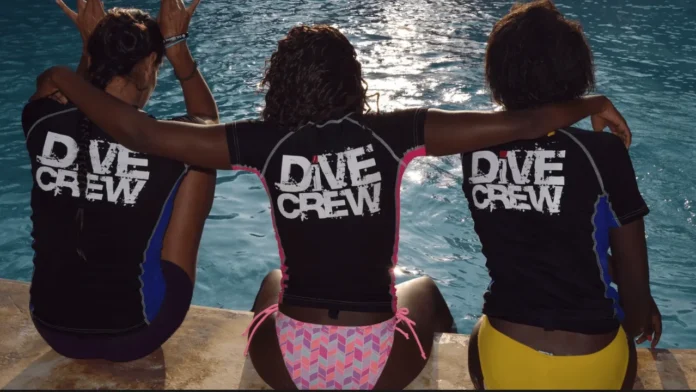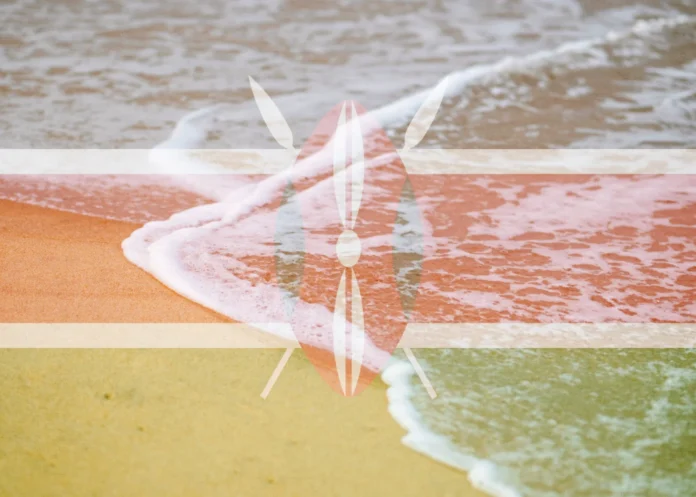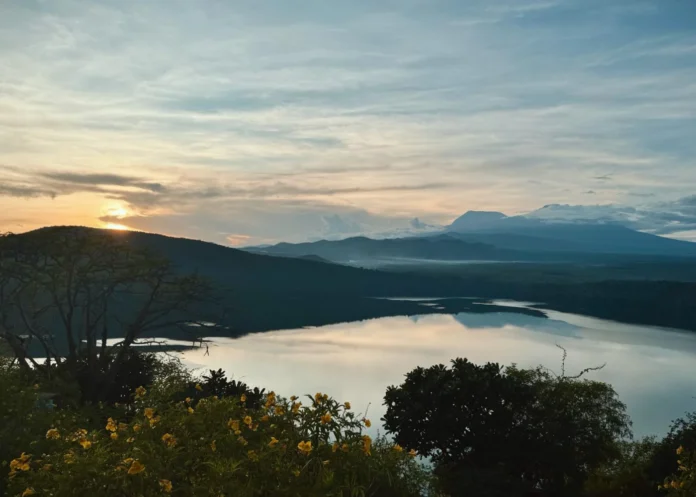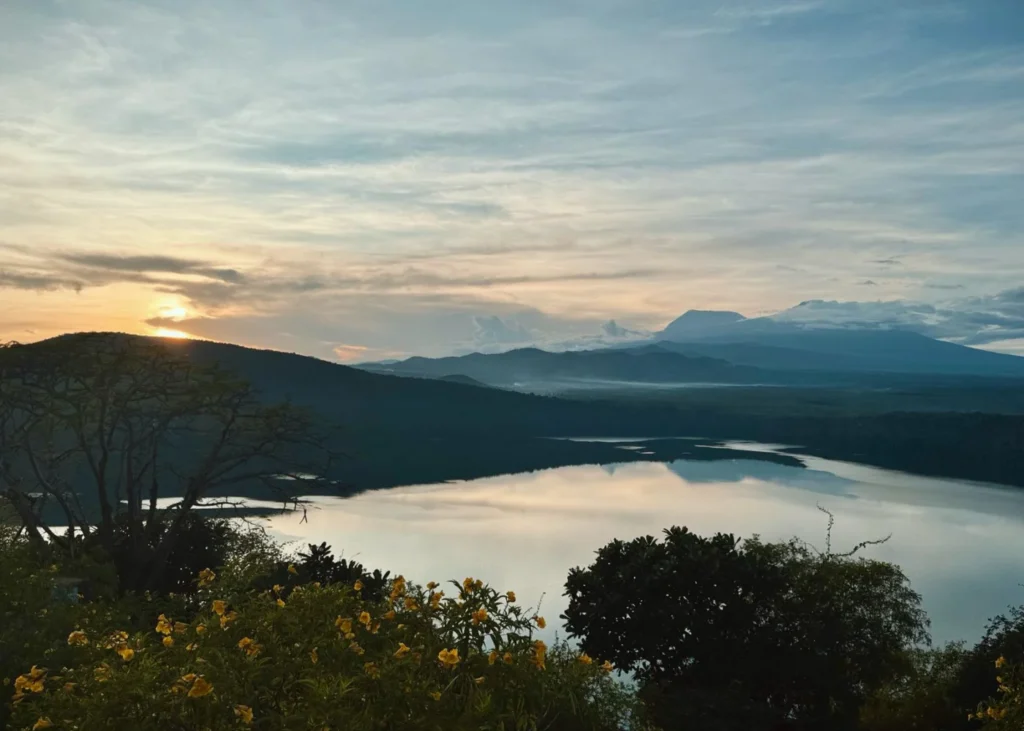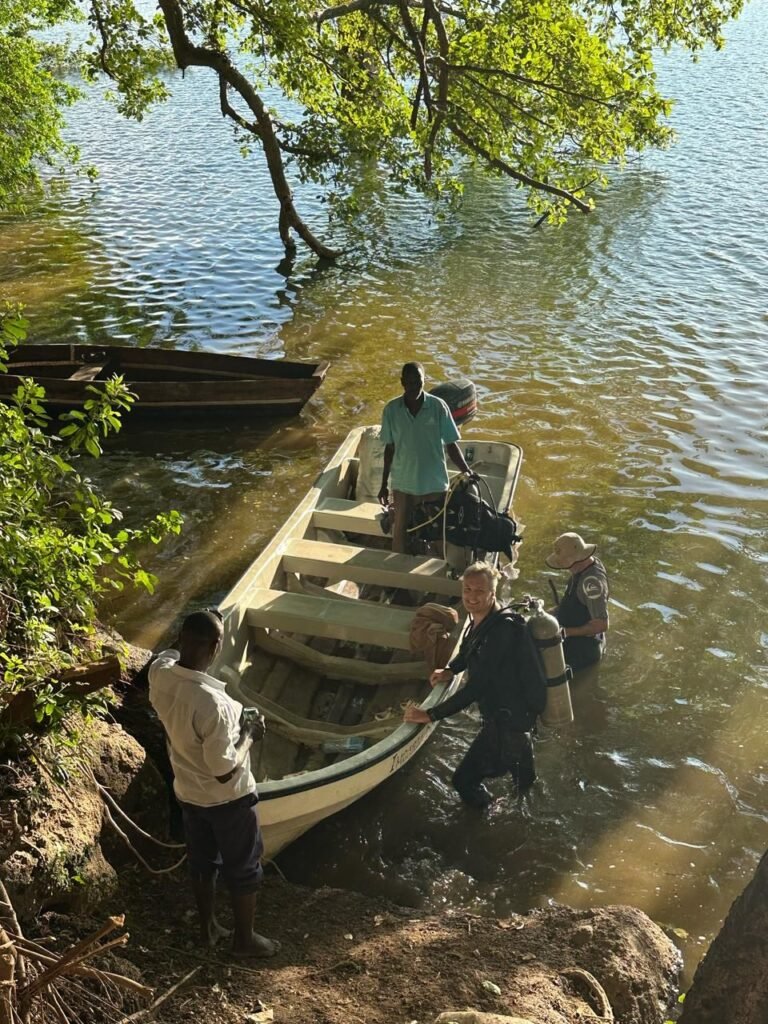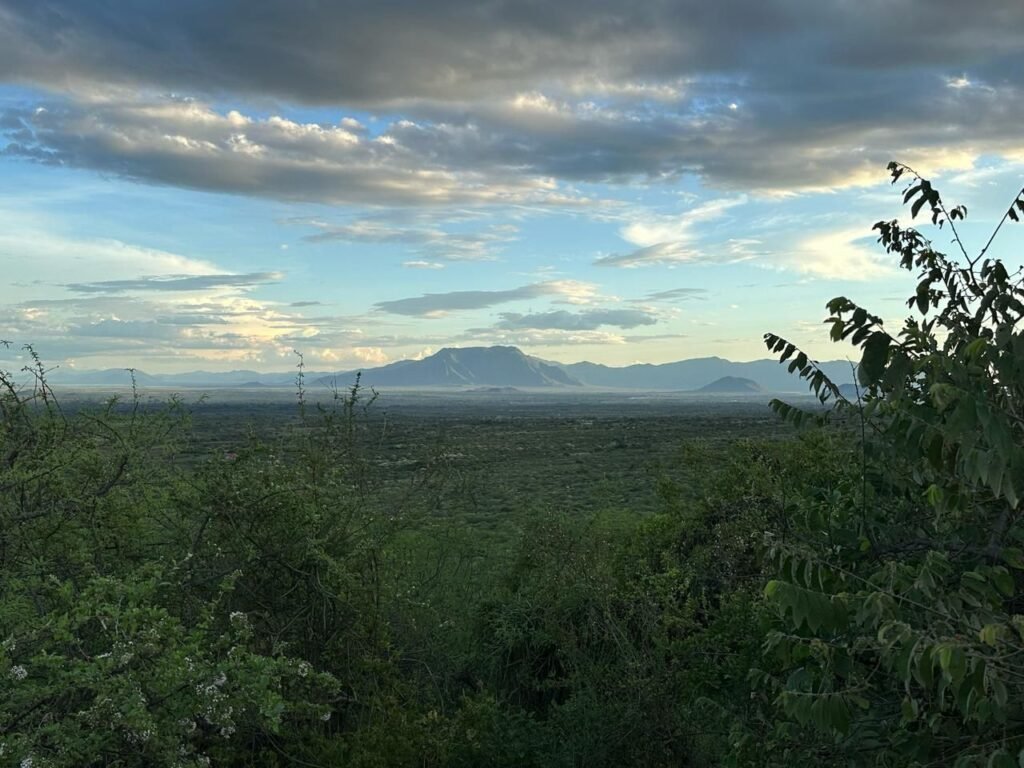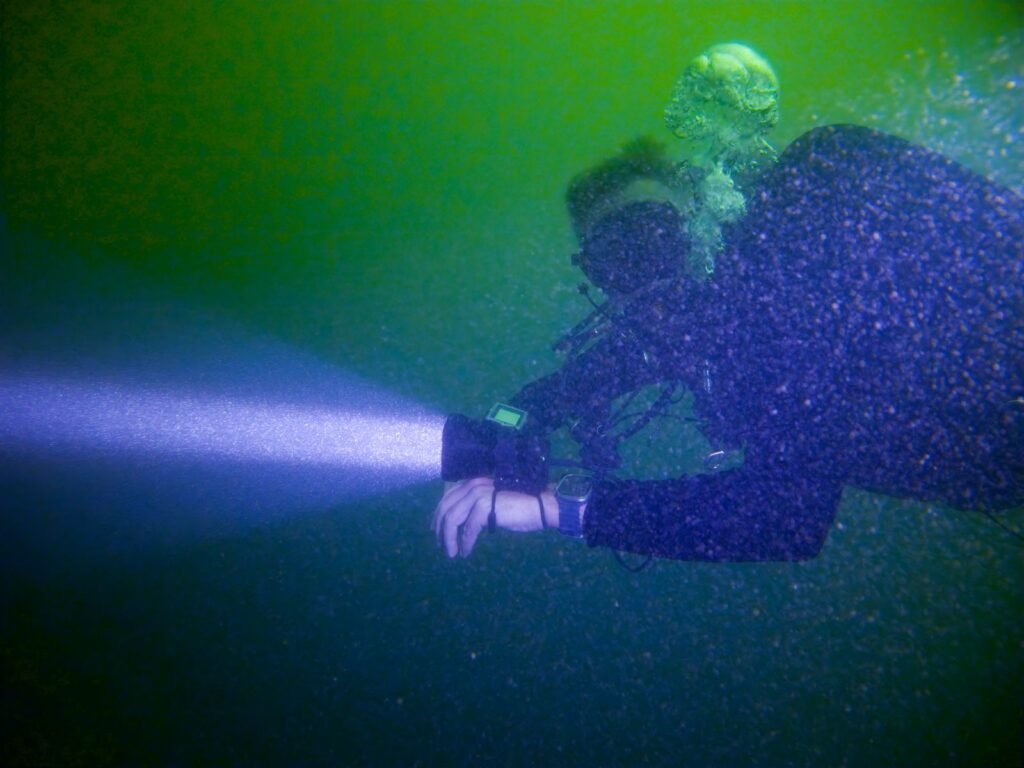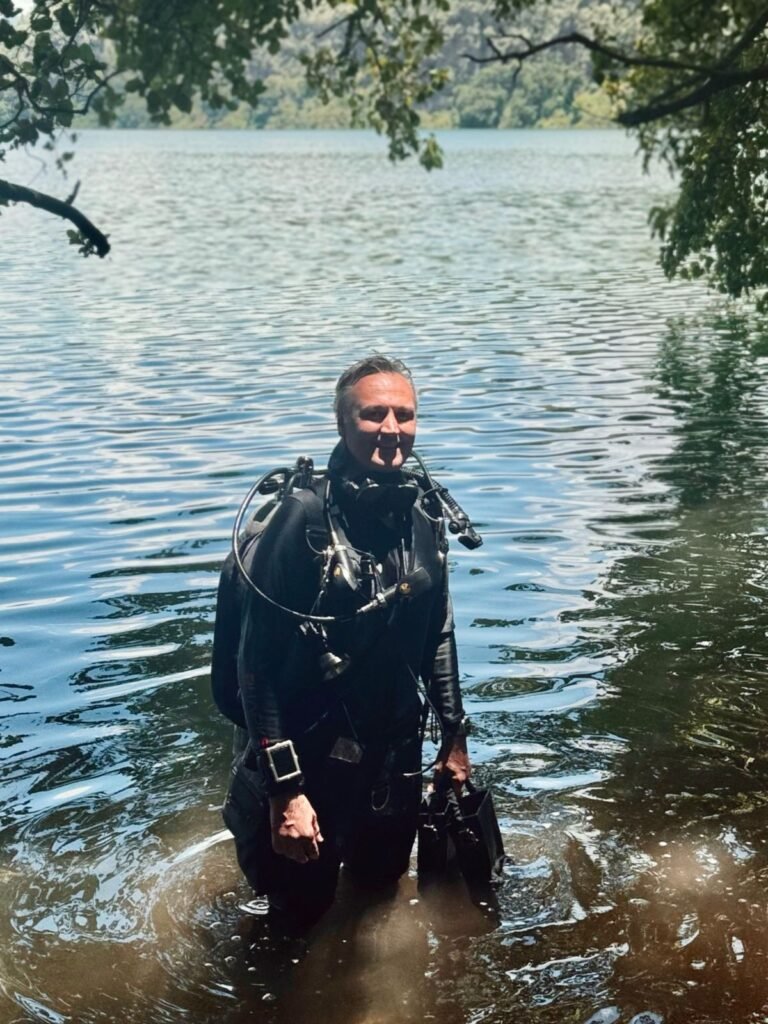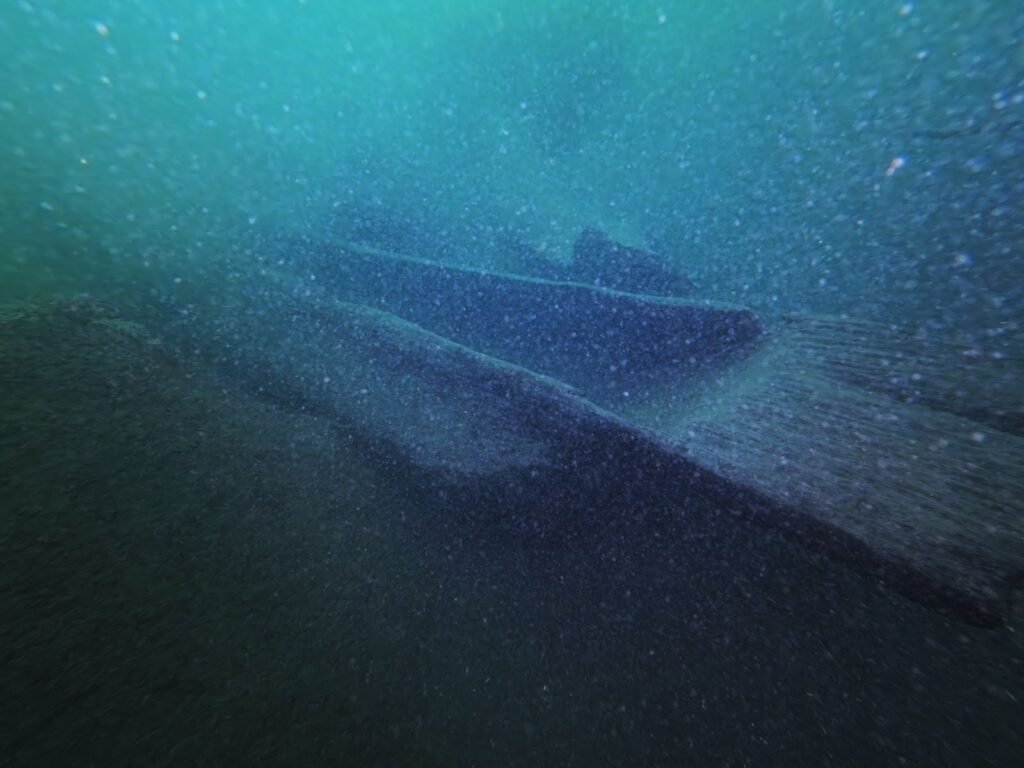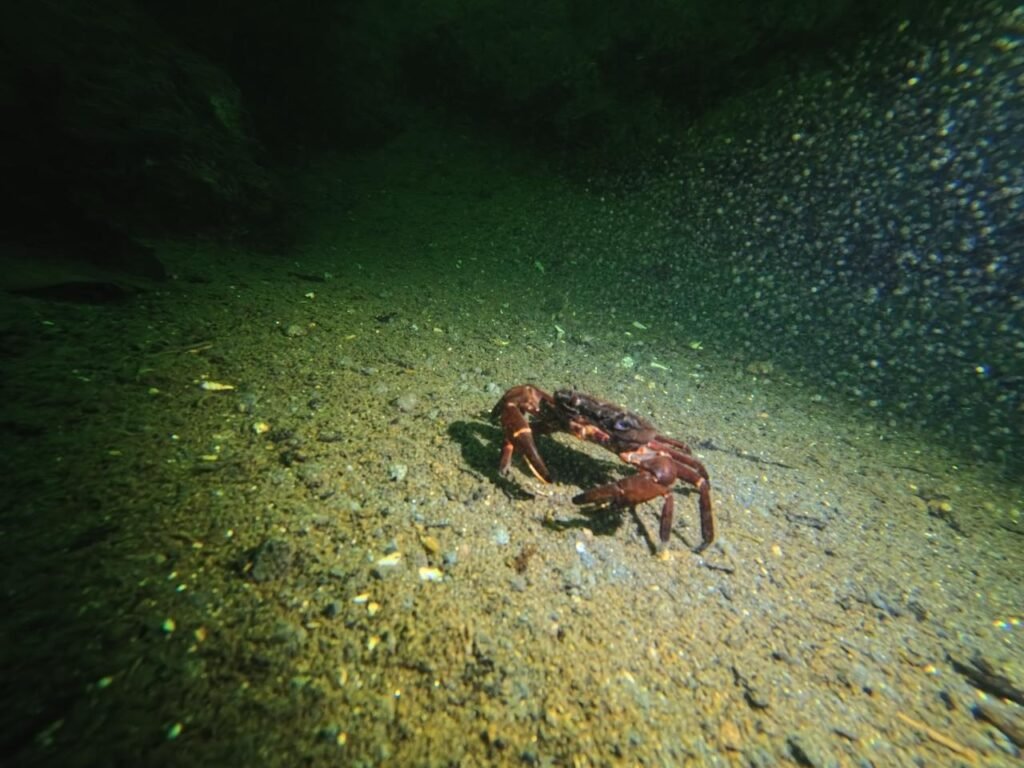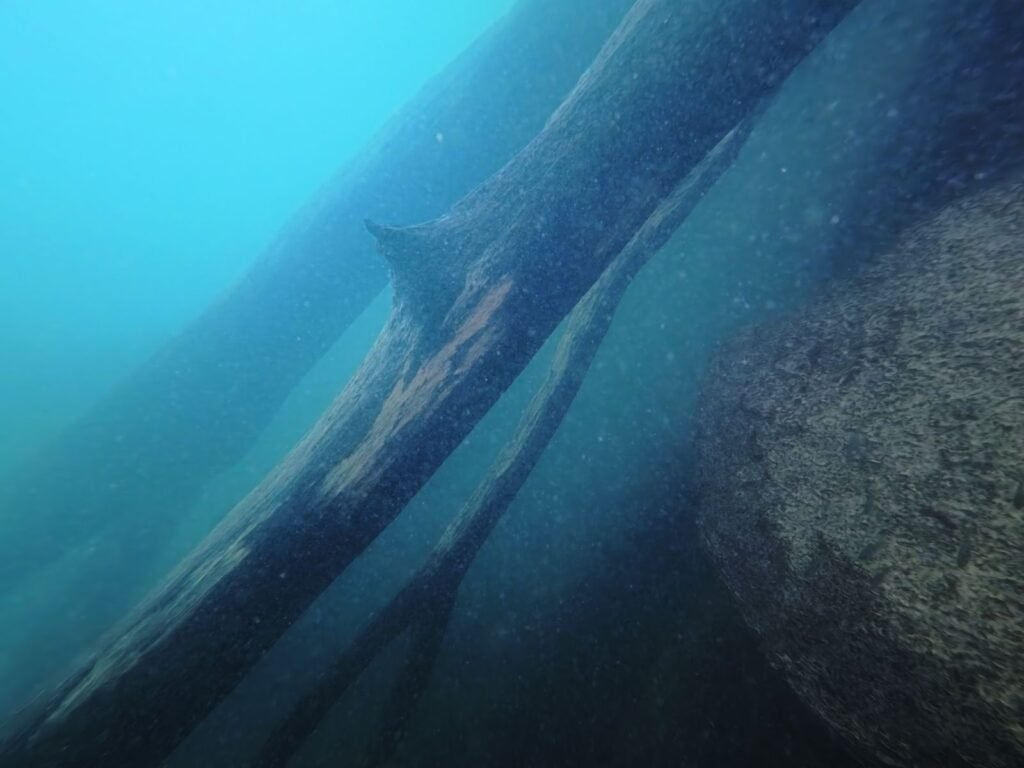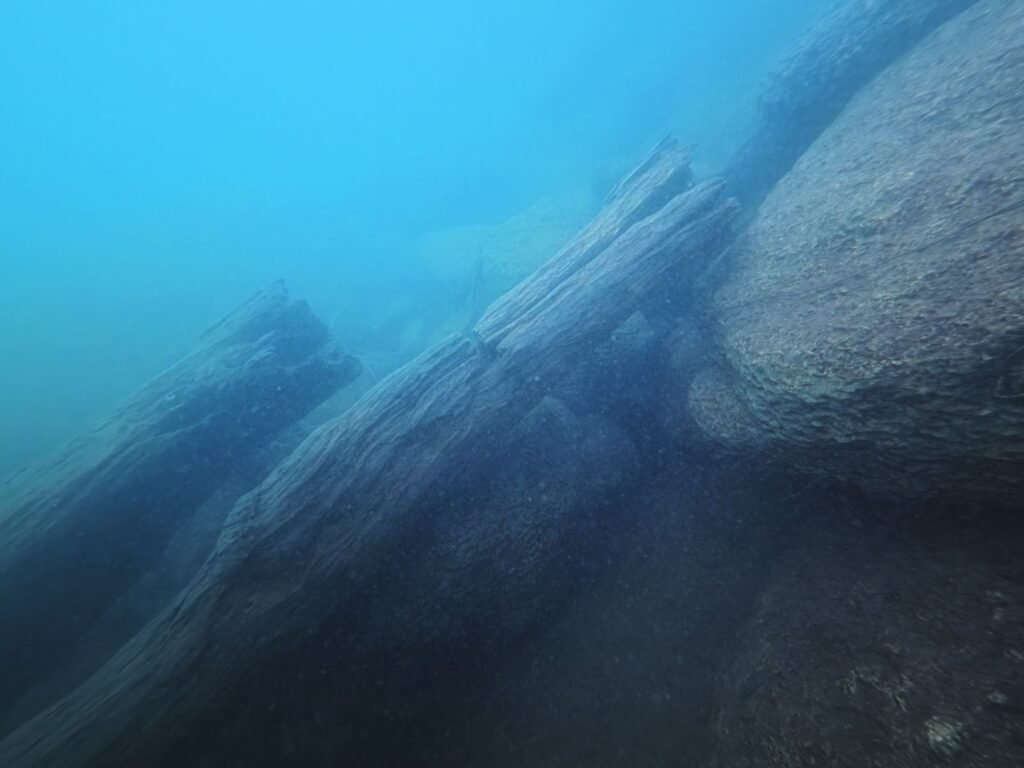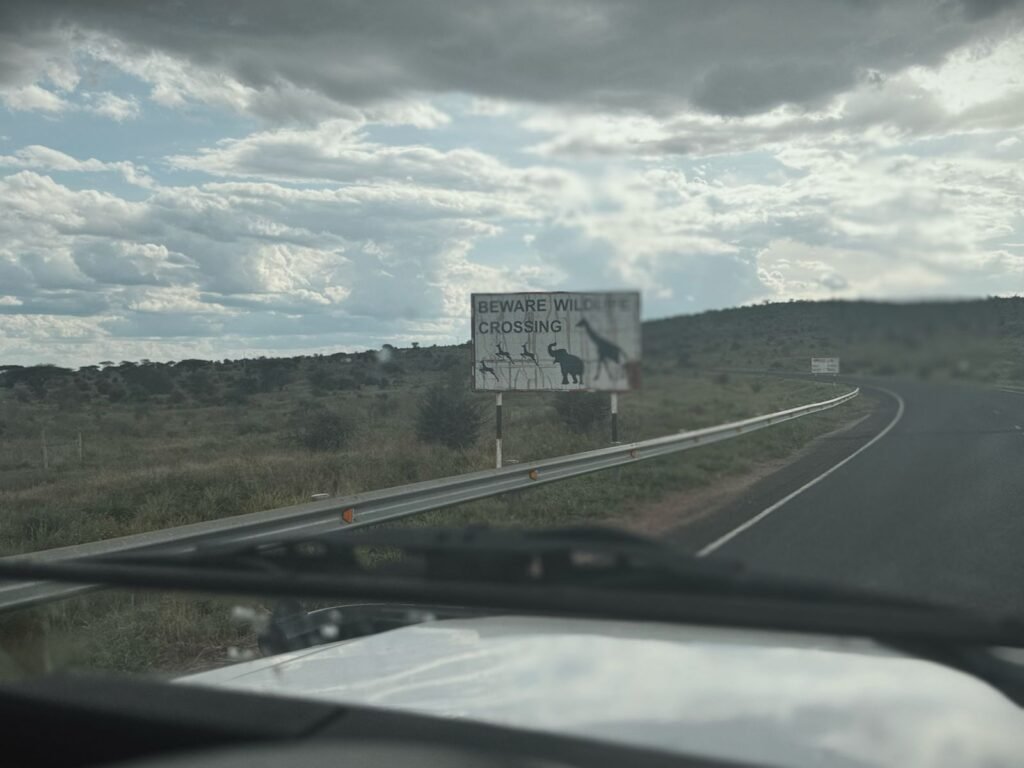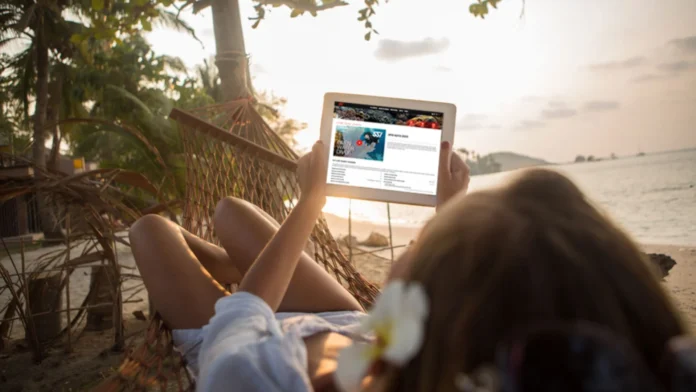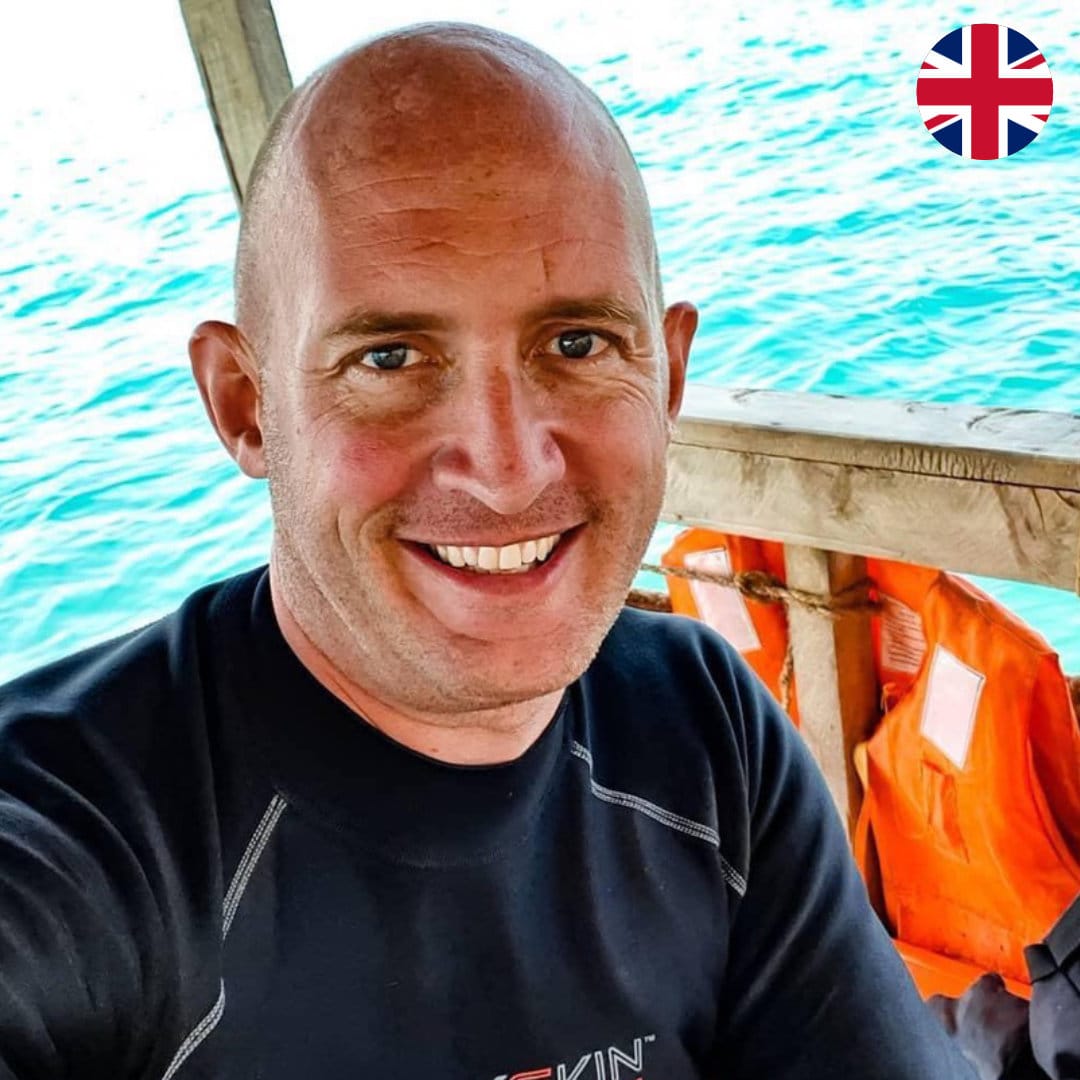How to write a scuba diving CV? A well-crafted scuba diving CV sets you apart in a competitive job market. With over 150,000 active dive professionals worldwide, getting hired requires more than just the minimum qualifications. Your CV is your first chance to impress employers and secure an interview.
Why Your Scuba Diving CV Matters
Dive centers receive countless applications. If your CV looks unprofessional or lacks key details, they will ignore it. Too many divers rely on posting photos and job requests in social media groups, hoping for an opportunity. That rarely works.
If you want to be treated and paid as a professional, you need to approach the hiring process seriously. Your CV must showcase your skills, qualifications, and experience in a clear and structured way. A strong CV gets you an interview—nothing less, nothing more.
What to Include When You Write a Scuba Diving CV
• Full Name – Make it easy for employers to identify you. Place your name prominently at the top.
• Multiple Contact Methods – Give employers multiple ways to reach you. Include an email, phone number, and WhatsApp. If they struggle to contact you, they will move on to the next candidate.
• Nationality & Work Permits – List your nationality and any valid work permits or visas. If you want to work abroad, employers need to know if hiring you is legally possible.
• Languages You Teach In – Being multilingual makes you more valuable. Many dive centers prioritize instructors who can teach in multiple languages to serve diverse customers.
• Instructor Certifications – Clearly list your certification level (e.g., Open Water Instructor, Specialty Instructor, Instructor Trainer) and the agencies you are qualified under (SSI, PADI, NAUI, etc.). Add your dive professional number so dive businesses can verify your status.
• Number of Certifications Issued – If you have certified many students, mention it. This proves your teaching experience. If you’re newly certified, you can leave this out.
• Relevant Work Experience – Highlight jobs related to diving, tourism, customer service, or outdoor adventure. Show how your past experience has prepared you for this role.
• References – Provide contact details for former supervisors, especially from the diving industry. Strong references confirm your professionalism and teaching ability.
Additional Skills That Make You Stand Out
• University or Military Background – If you have a degree or military experience, include it. Some employers appreciate structured training, discipline, and specialized knowledge.
• Scuba Technician Skills – Many dive centers need someone who can maintain and repair scuba gear. If you have training in equipment servicing, highlight it.
• Boating Skills – If you have a captain’s license, mention it. Just ensure your certification is valid in the country where you are applying, as licenses are not always internationally recognized.
• Trade Skills – If you have experience in mechanics, plumbing, electrical work, or landscaping, list it. Dive centers and liveaboards constantly need maintenance, and these skills can give you an edge.
• Marketing & Sales Experience – Many dive businesses struggle with digital marketing. If you have skills in social media management, website development, or sales, highlight them. This could make you a key asset to the team.
• Photo & Video Editing – Customers and dive centers love high-quality underwater photography and videos. If you have professional skills in Adobe Premiere, Lightroom, or Final Cut and your own equipment, mention it. This could make you more valuable to employers.
What NOT to Include When You Write a Scuba Diving CV
• Underwater Selfies – You’re applying for a scuba diving job, so it’s assumed you can dive. A professional headshot looks far more serious than a casual boat or fun dive photo. Avoid fun or casual shots, after diving, or in swimwear
• Age & Relationship Status – Unless the job description specifically asks for this, leave it out. Employers will ask if they want to know.
• Biography & Hobbies – Avoid personal statements like “I love the ocean” or “I’m passionate about teaching.” Focus on what makes you the best candidate for the job. Often it is best to leave these out.
• High School Education – Your high school background isn’t relevant to a dive center. Unless it directly supports your application, leave it out.
• Where You Did Your Instructor Training – Some dive centers hold biases against specific training locations. Your certification matters, not where you earned it. If necessary, discuss this in an interview.
• Personal Details – Do not list information about tattoos, piercings, or other physical attributes. Employers may judge you unfairly before even meeting you. Unless specifically requested, there’s no need to disclose this.
• Dive Gear List – As a professional diver, you are expected to own your own equipment. There’s no need to list every piece of gear you have.
• Future Certifications – If you haven’t started a course yet, don’t include it. Only list qualifications you have completed or will finish before starting the job. Future training plans can be discussed in the interview.
Formatting Tips
• Keep it Clear and Professional – A well-structured CV improves your chances of getting an interview. Employers don’t have time to decipher cluttered applications.
• Use a Simple, Readable Font – Stick to standard fonts like Arial, Calibri, or Times New Roman. Avoid decorative fonts that make your CV look unprofessional.
• Highlight Key Information – Use bold text for important details so recruiters can quickly find relevant information.
• Limit it to One or Two Pages – Hiring managers don’t have time to read long CVs. Keep your information concise and relevant.
Final Thought
Your CV is your first impression. If it looks professional, well-structured, and highlights the right skills, you will stand out from the competition. Take the time to get it right, and you’ll increase your chances of landing your next diving job.

